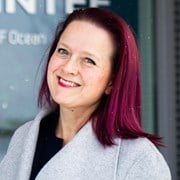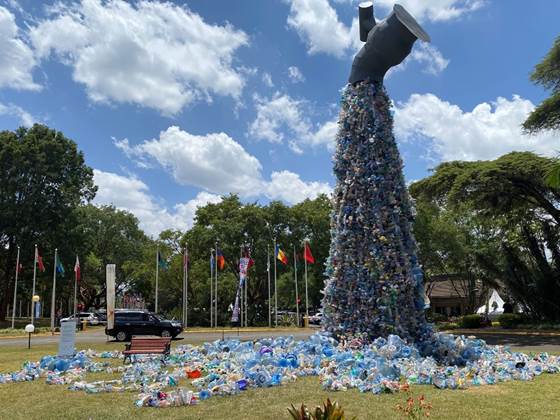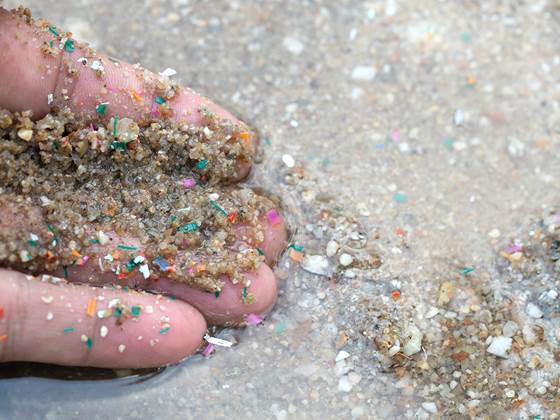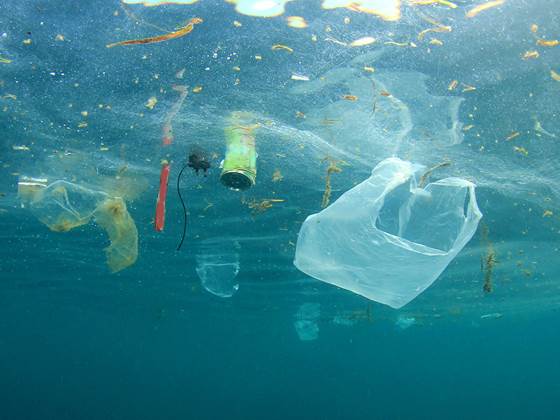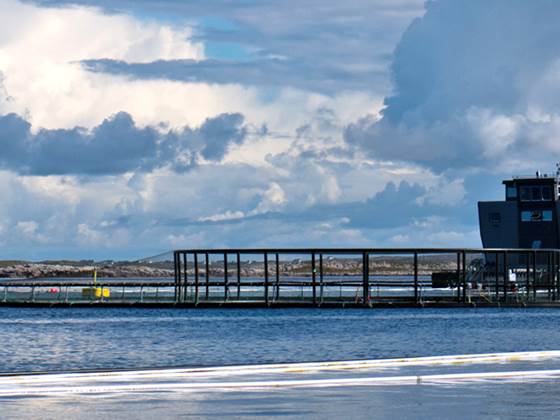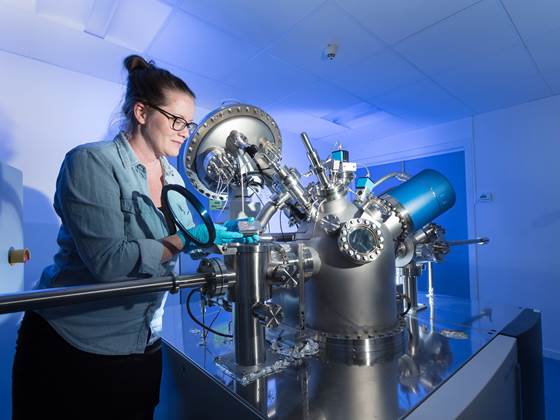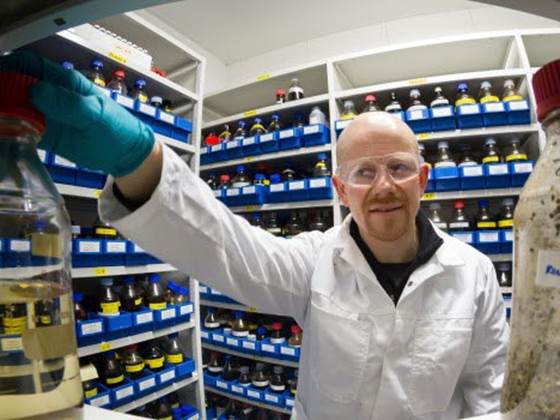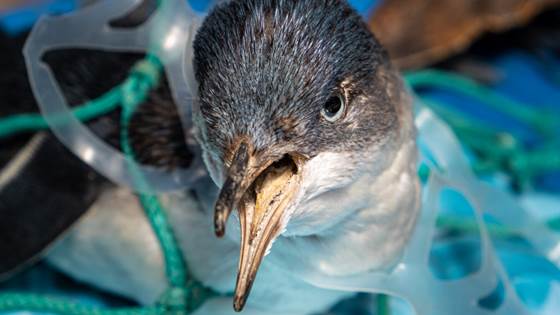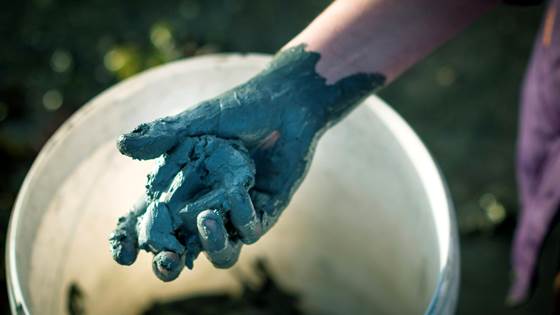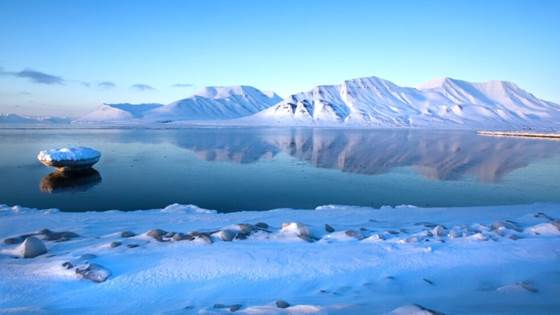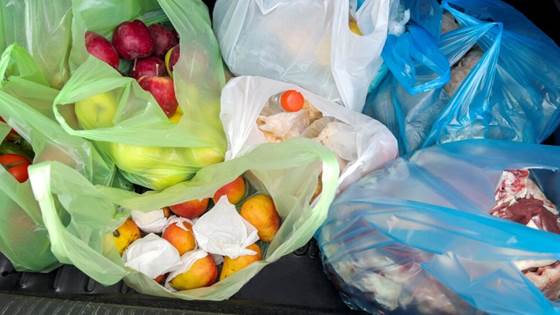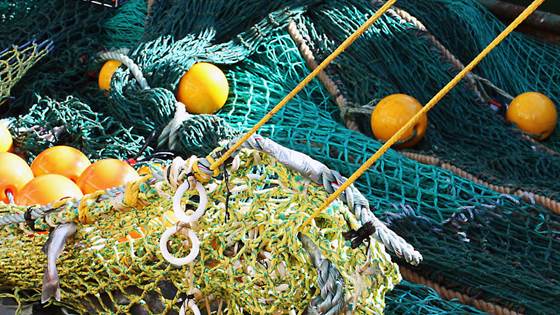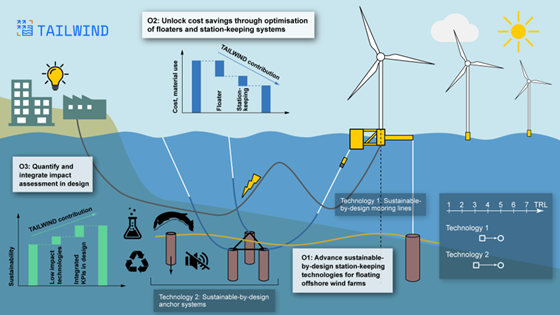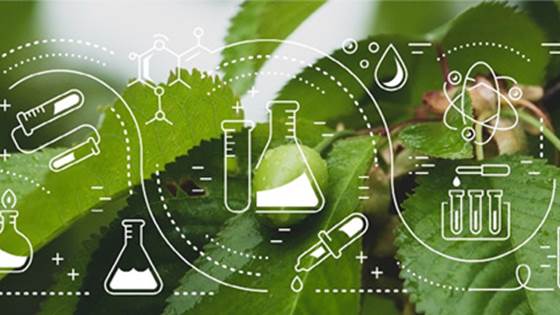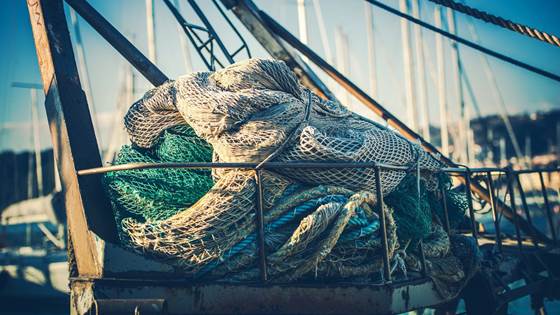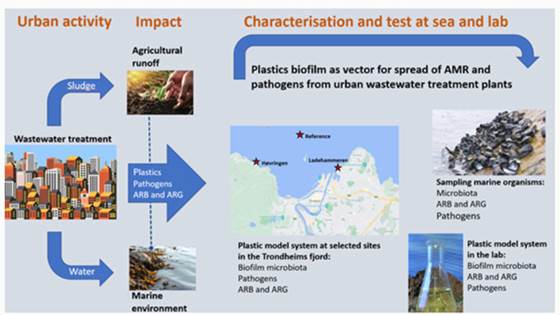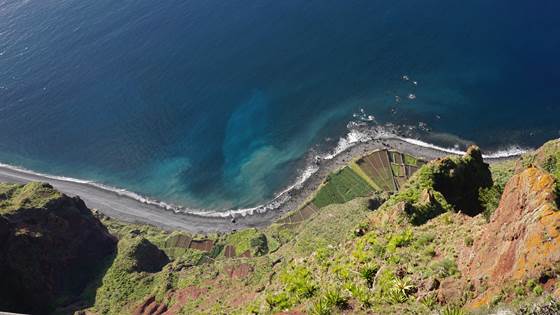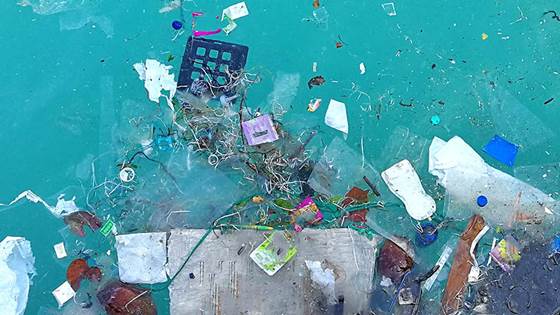Our work includes studying the fate and impact of plastics in marine environments, developing innovative recycling technologies, and assessing the impact of plastic pollution on marine biodiversity. In addition to research organizations and industrial stakeholders, we partner with local municipalities and authorities, the European Union’s Marine Strategy Framework Directive (EU MSFD), International Council for Exploration of the Seas (ICES), regional fisheries management organizations (RFMOs), the Arctic Council, and the United Nations Convention on the Law of the Sea (UNCLOS) to advance knowledge and develop solutions.
The plastic life cycle
We aim to address mitigation and support development of best practices at all levels of the plastic lifecycle. For the last decade, we have had a focus on developing methodologies to enable accurate risk assessment for plastic pollution in the (marine) environment. Our capacities entail characterization, analysis, and monitoring of microplastics, nanoplastics and plastic chemicals, studying fate and degradation pathways both in the laboratory and by use of ocean transport models, and assessing eco-toxicological effects of plastic chemicals, particles and litter to species at multiple trophic levels. More recently, we are addressing community level interactions between marine organisms and plastic/plastic-coated maritime structures.
In the context of global plastic governance, SINTEF plays a crucial role in addressing the complex challenges posed by plastic pollution. We work within a regulatory framework that includes international agreements such as the Paris Agreement, the Sustainable Development Goals (SDGs), the Convention on Biological Diversity (CBD), as well as the development of the UN Global Plastics Treaty. Our mission is to highlight the challenges and opportunities within these frameworks and develop technological solutions in collaboration with industries. This approach ensures that Norway meets its national regulatory responsibilities and fulfils its global obligations to combat plastic pollution effectively.


